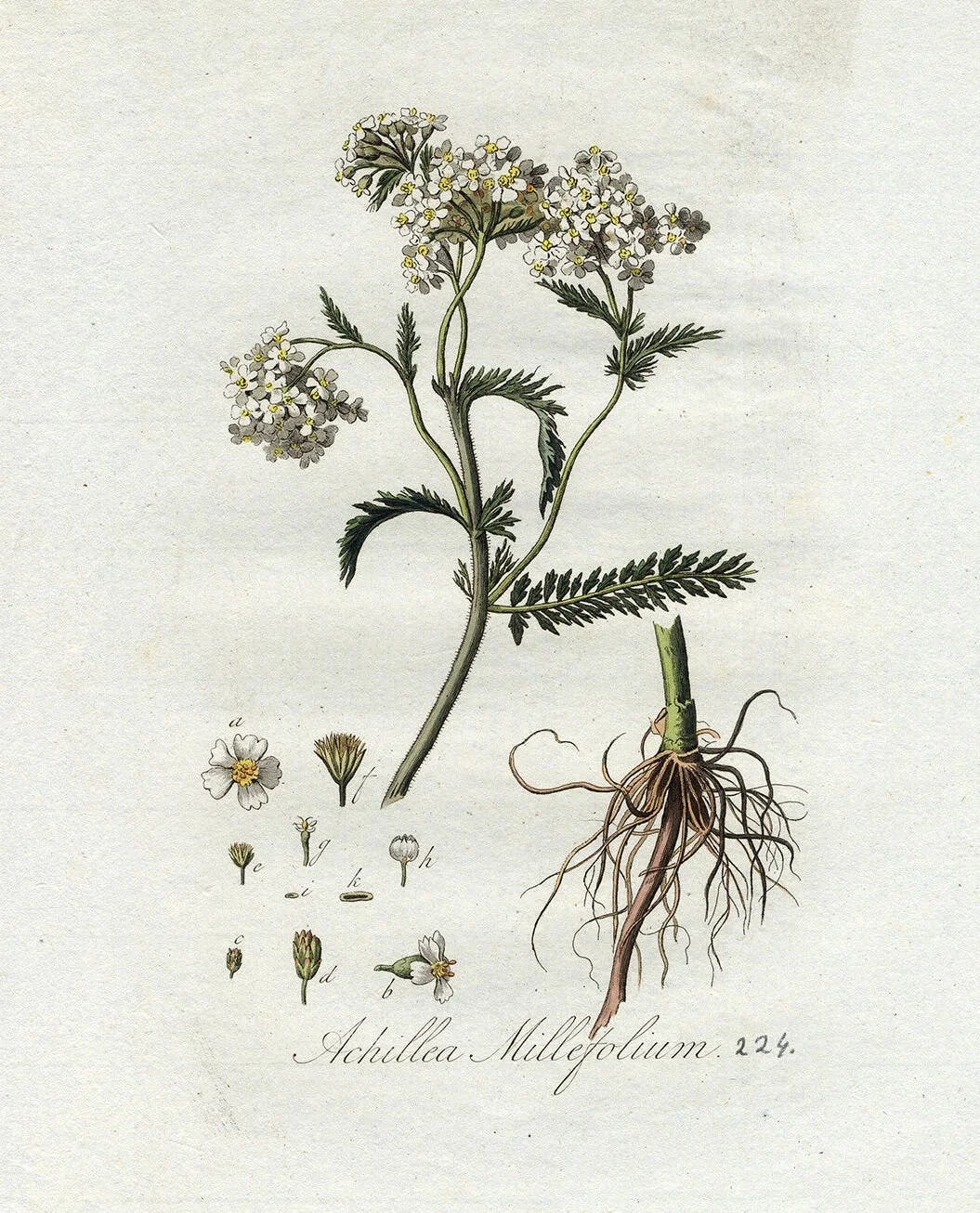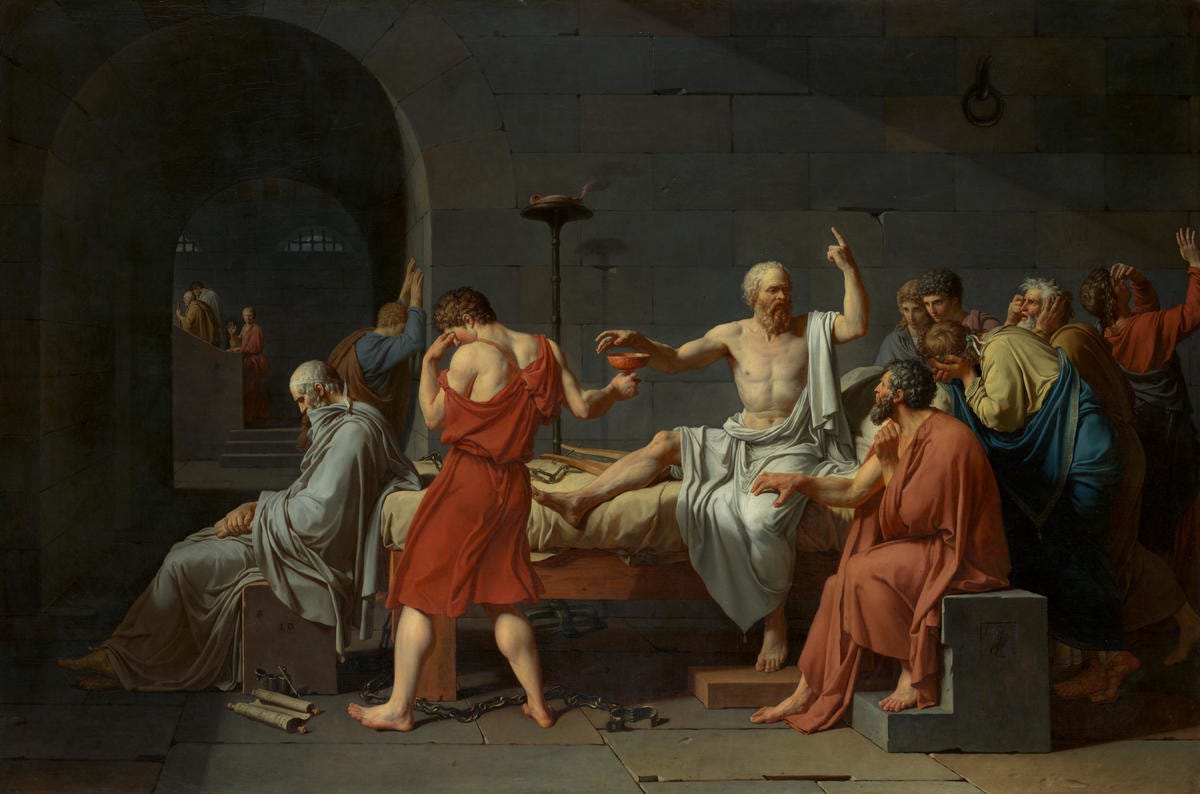semantics, socrates and ceremony
Pyscho is the greek root for Spirit/Soul.
Psychology, psychotic, psycho.
Psychotic implies that the person has separated so far from their Spirit that the distinction between what is virtuous, what is logical, ethical are all out of alignment.
I’ve been reflecting on my 2 month pilgrimage in India. How is the Spirit/Soul witnessed when I’m in another country?
There is a poisonous plant called hemlock growing all over the US, except for alaska, florida, hawaii, & mississippi. It can easily be mistaken for yarrow root whose benefits range from wound, menstrual, digestion healing - or energetic protection and cleansing. Hemlock is the main ingredient in the poison that Socrates took after being sentenced for corrupting the youth with enlightenment.
Plato wrote about what it felt like to witness his mentor/lover take this poison. Everyone gathered around as he sipped the poison, asking first to make a libation - one for the homies. The executioner said - no. The amount of hemlock used was specifically measured for an end.
So as Socrates slowly felt his feet, then hips and eventual heart go numb - his death turned into a metaphysical one. His last request to Plato - “Oh Crito, I owe a rooster to Asclepius. Please, don’t forget to pay it.”
Plato went on to write Allegory Of The Cave, where the subconscious mind & shadow work are touched on.
SOCRATES: And if they were forced to look straight at the light, would that not make their eyes hurt? Would they not try to avoid the light and turn back to the things that they can see? And would they not think that in reality the shadows are more clear than the objects they are forced to look at?
Throughout the entirety of my letter illumination diaries I’ve sat with my shadows, danced with them and even confused them for my Spirit.
This movement of engaging with shadows is a gold mine of sorts, but is this where the semantics of psycho come into play?
Is it psychotic to do shadow work?
Humans are creatures of habit, programmed to overdose on dopamine. Is it necessary to reprogram ourselves through habits and routines to better manage going back and forth between what’s authentic and what’s no longer working?
At what point do we wear the shadows and become attached to all the repressed thoughts? How does compassion really work and how do we release the tragedies of the past?
Is compassion for shadows best materialized through ceremony?
So then, when we return to the shadow, we pick up where we left off. Through an ornament that was made out of ceremony.
Is it psychotic to sit with all the emotions we’ve repressed? Or is the act itself an opportunity for alignment and renewal.
ANYWAYS
Sending lots of love,
XOXOXO
JAKARI WING
PS: exciting news: I was featured in Cosmo Middle East, Aug 2025 Global Issue (page 71)! & 2 films that I worked on were screened in film festivals.
CHIMERA: A short film I edited, directed by marlow magdalene scored by letter z, screened at Montclair Film Fest
DOG MOMS: I scored a scene about enlightenment in this short directed by Jess Fee, screened at Bushwick Film Fest.




